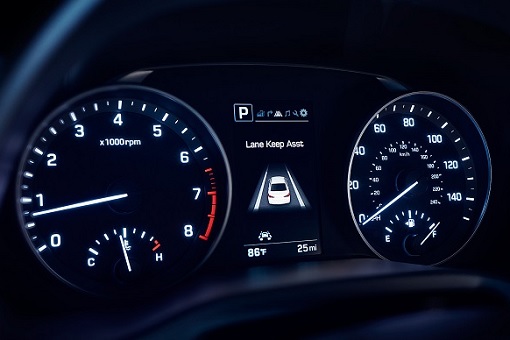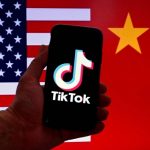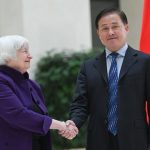2020 just started, but it is already shaping up to be one of the worst years for the automotive industry ever. Lockdowns around the world have simultaneously shuttered production lines, made it hard for car owners to pay off their loans, and set many credit scores on fire. While it is too early to know the full impact on the industry, many insiders believe that the repercussions could be felt for years to come.
In light of first global pandemic in more than 100-years, Hyundai announced that the company would extend all vehicle warranties which are scheduled to expire during the various states of emergency around the world.
Industry sources noted that the extension would impact roughly 1.2 million cars around the world. In the U.S., the extension would apply to vehicles covered by the 5-year, 60,000-mile, and the 10-year, 100,000-mile warranty programs.
However, if you own a Hyundai, you shouldn’t assume your vehicle will be automatically covered by this extension. Instead, you should reach out to your deal or the carmaker directly to make sure you understand the terms and conditions of this extension and how to impact your vehicle.
As of now, Hyundai is the only company that has announced such an extension, and this begs the question: “what about the rest of the industry”? The reality is that no one knows for sure.

With earnings season looming, companies from G.M. to Toyota have been forced to shutter most of their manufacturing capacity. While this will help automakers to work down inventory levels when things return to normal, it is harder for industry analysts to model when this will happen.
For example, Toyota has set up a COVID19 response page. Still, the company has issued few public statements on how it will go forward with supply chain disruptions or special programs for those with loans through the company’s vehicle finance wing.
They are not the only company facing these issues. Both GM and Ford have announced that they have tapped into existing credit lines to help the companies weather the storm. But among industry insiders, there is a sense that these facilities cannot last forever.
U.S. automakers might be forced to go to the Federal Government for another round of bailouts. This could include loan guarantees or even bailout of the significant pension funds both companies carry.
Beyond this, analysts are already expecting that new model introductions will be either slowed or put on hold entirely. While this won’t come into full focus until later this year when lockdowns in the U.S. and elsewhere are expected to abate, there is a sense that the combination of supply disruptions, eroding consumer credit quality, and the massive hit to the job market could force car buyers to reconsider their plans altogether.

As with the Global Financial Crisis in 2009, this delay could impact the transition to alternative powertrains such as hybrid and electric drive vehicles. Granted, both technologies are significantly more mature than they were a decade ago. Still, the consumer appetite or ability to purchase more expensive mobility options might be substantially impacted as a result of the current crisis.
Carmakers who have invested in autonomous or semi-autonomous vehicles could be a net beneficiary of the changing market. This is especially true as fleet operators seek options to ensure operability in an environment where the COVID pandemic could remain with us for a year or longer.
Besides the direct impact on supply chains, a more consequential outcome of the current crisis could be the impact on car buyers. This should not come as a surprise as it is expected the more than 20 million Americans will lose their jobs due to the crisis, and this will not only impact their ability to pay off any current car loans but could significantly extend when they are in the market for a car again.
All of this comes at a time when the auto industry is undergoing substantial changes due to demographics as 70 million Baby Boomers are already in or nearing retirement, which means they will be less likely to purchase a new car. Also, the entire generation of Millennials is again getting pummelled by an economic downturn. At the same time, the leading edge of Generation Z has seen their job prospects evaporate just as they are expected to enter the job market en masse.
What does this mean for the millions of Americans who already own a car, and the warranty is set to expire? TO “For many, they will need to look into extended warranties, alternatively called Mechanical Breakdown Insurance (MBI) in California or Vehicle Service Contracts (VSCs) is other parts of the U.S., such as those offered here: https://gogetolive.com/extended-auto-warranty-with-no-waiting-period/. Or they will have to consider driving their car without coverage or purchasing a used car.
Automakers welcome neither of these options as it means that the number of new car buyers will crater in the coming months, if not longer. But at this point, they might not have a choice. For some, following Hyundai’s lead might be an option to strengthen brand loyalty, while others are dipping into financial reserves to try and ride out the shutdown and its after-effects. As such, the auto industry, like millions around the world, finds itself fighting for its life in the wake of the pandemic that is COVID-19.

|
|
May 31st, 2020 by financetwitter
|


|

|

|

|

|

|




























Comments
Add your comment now.
Leave a Reply